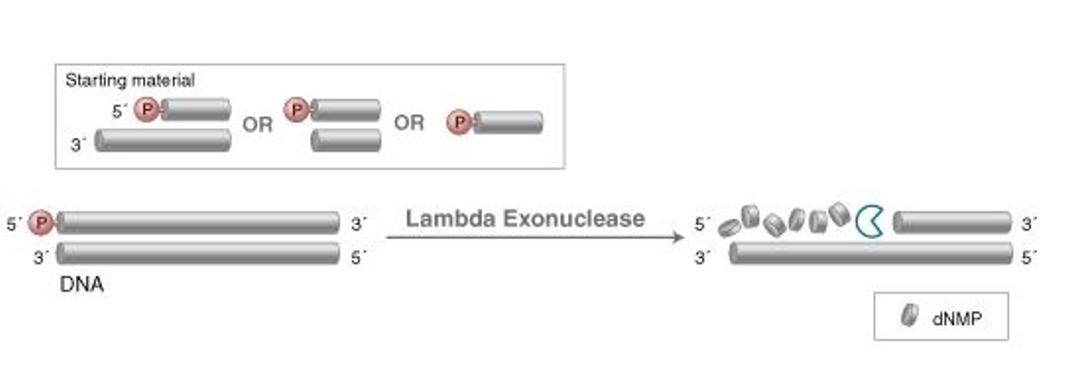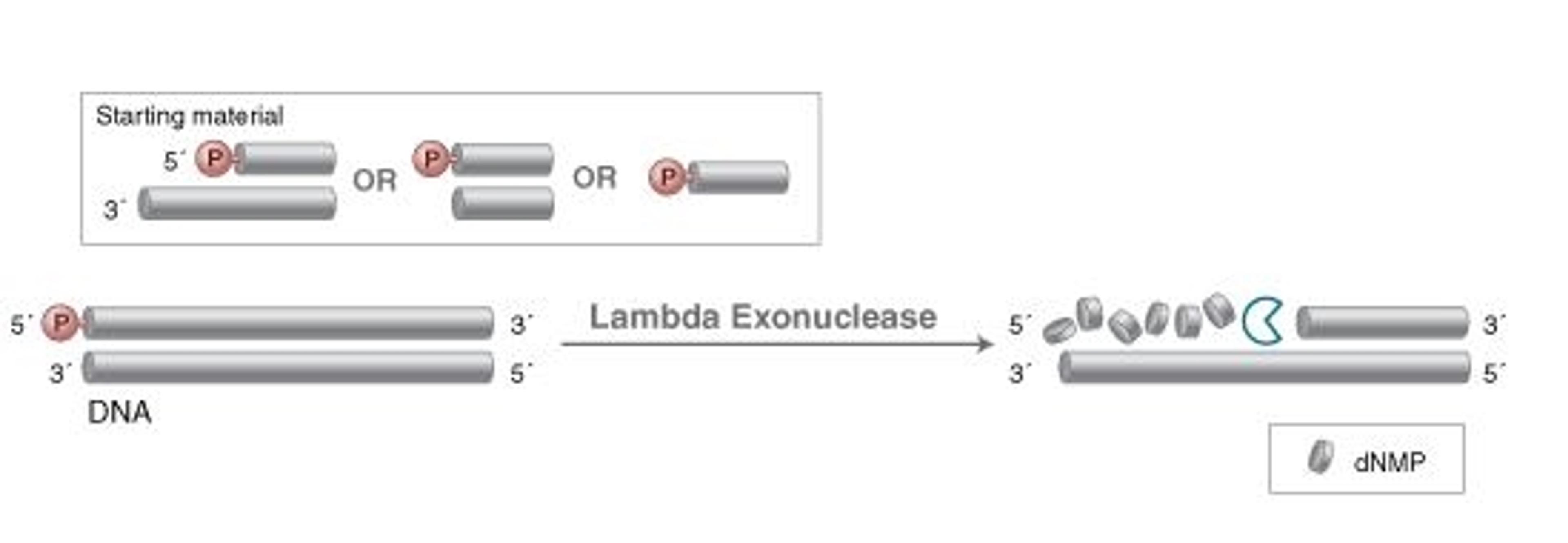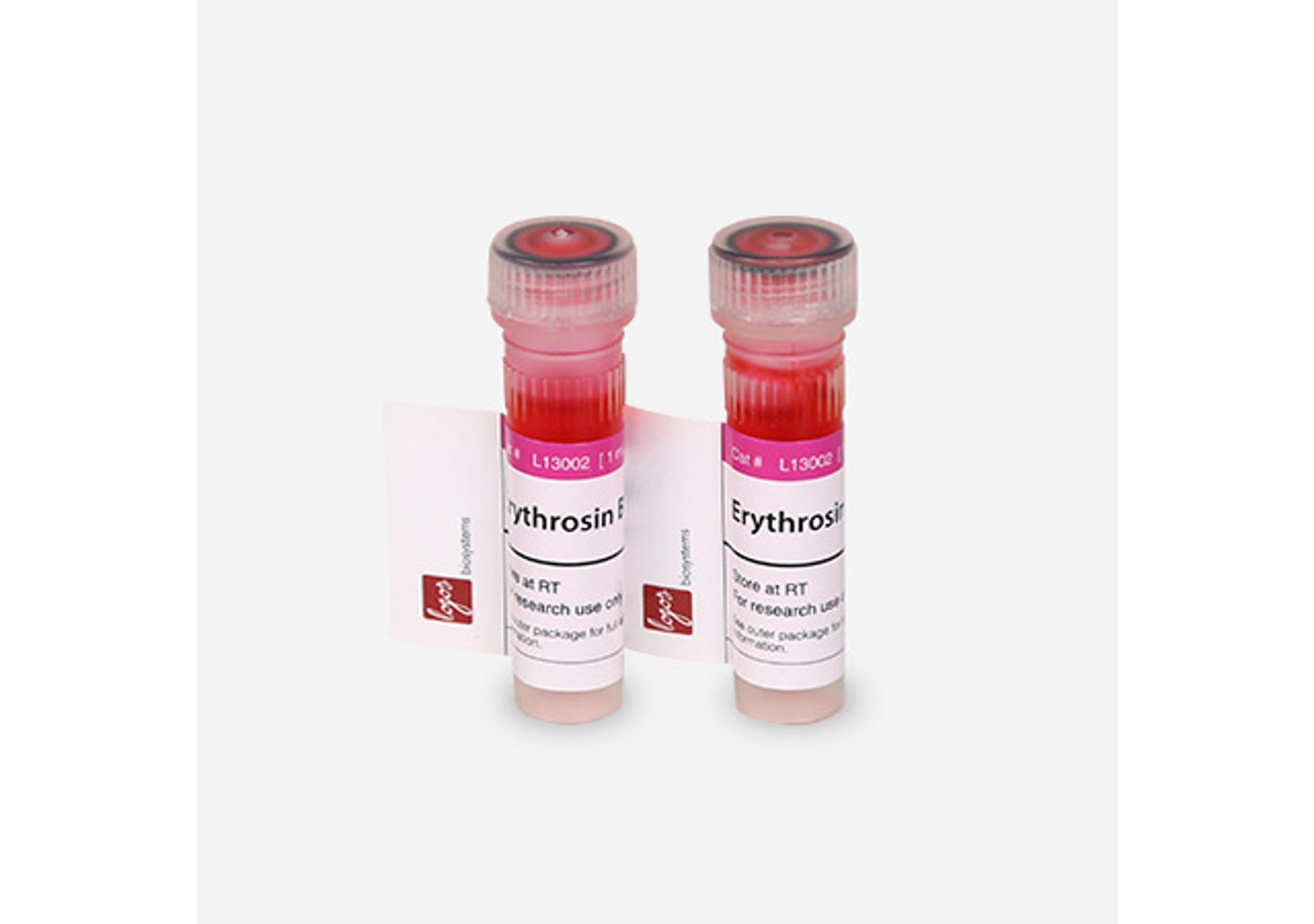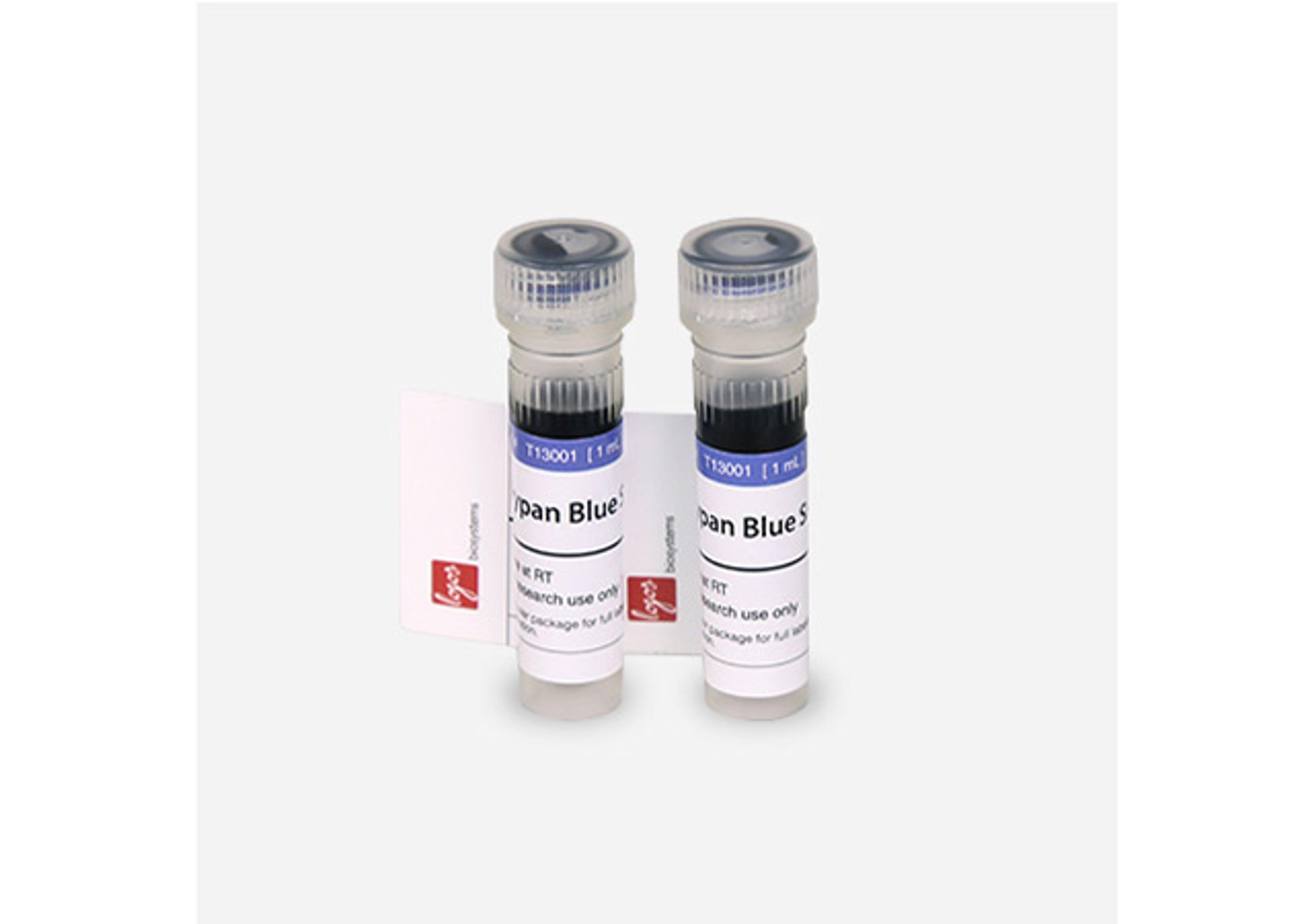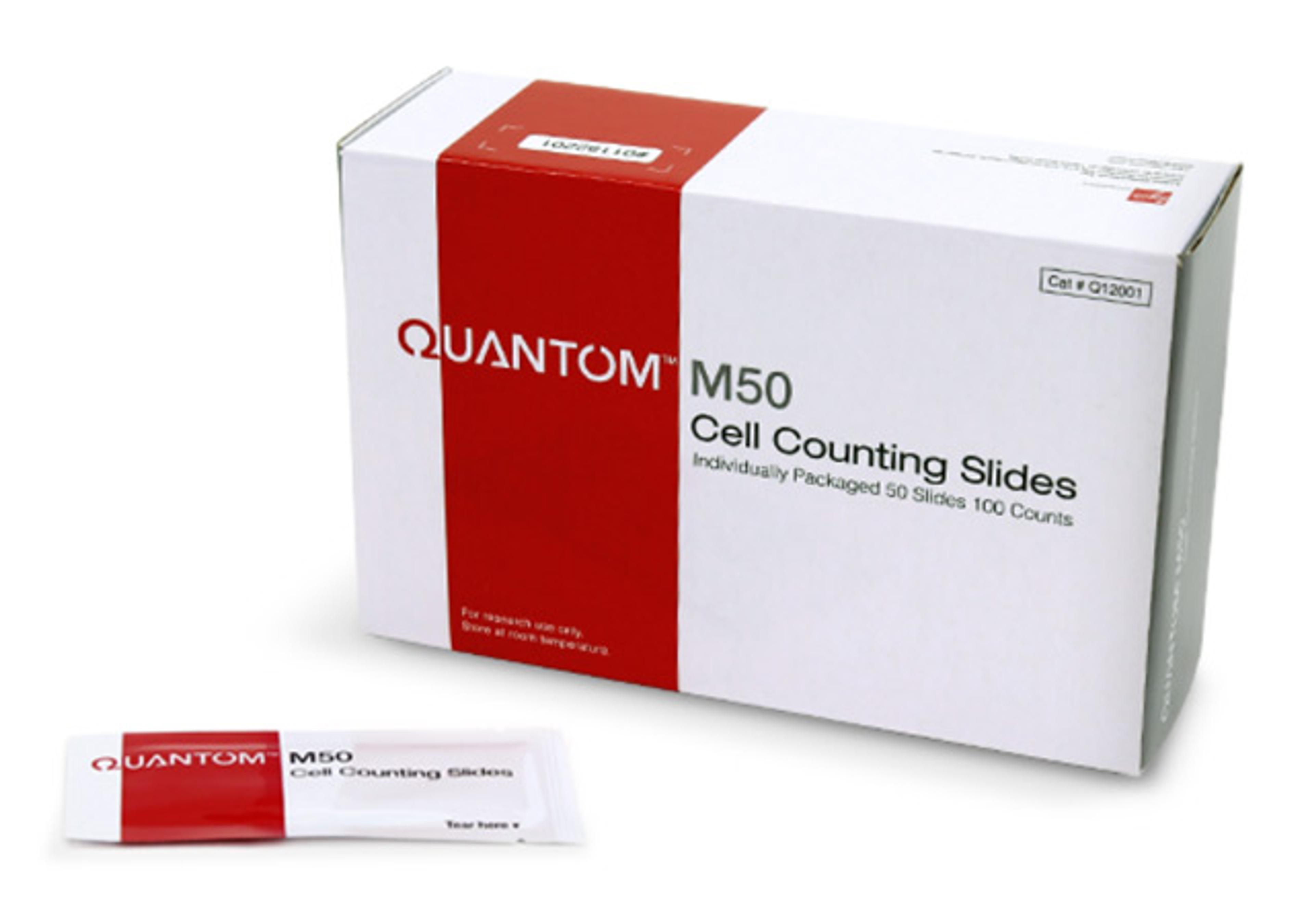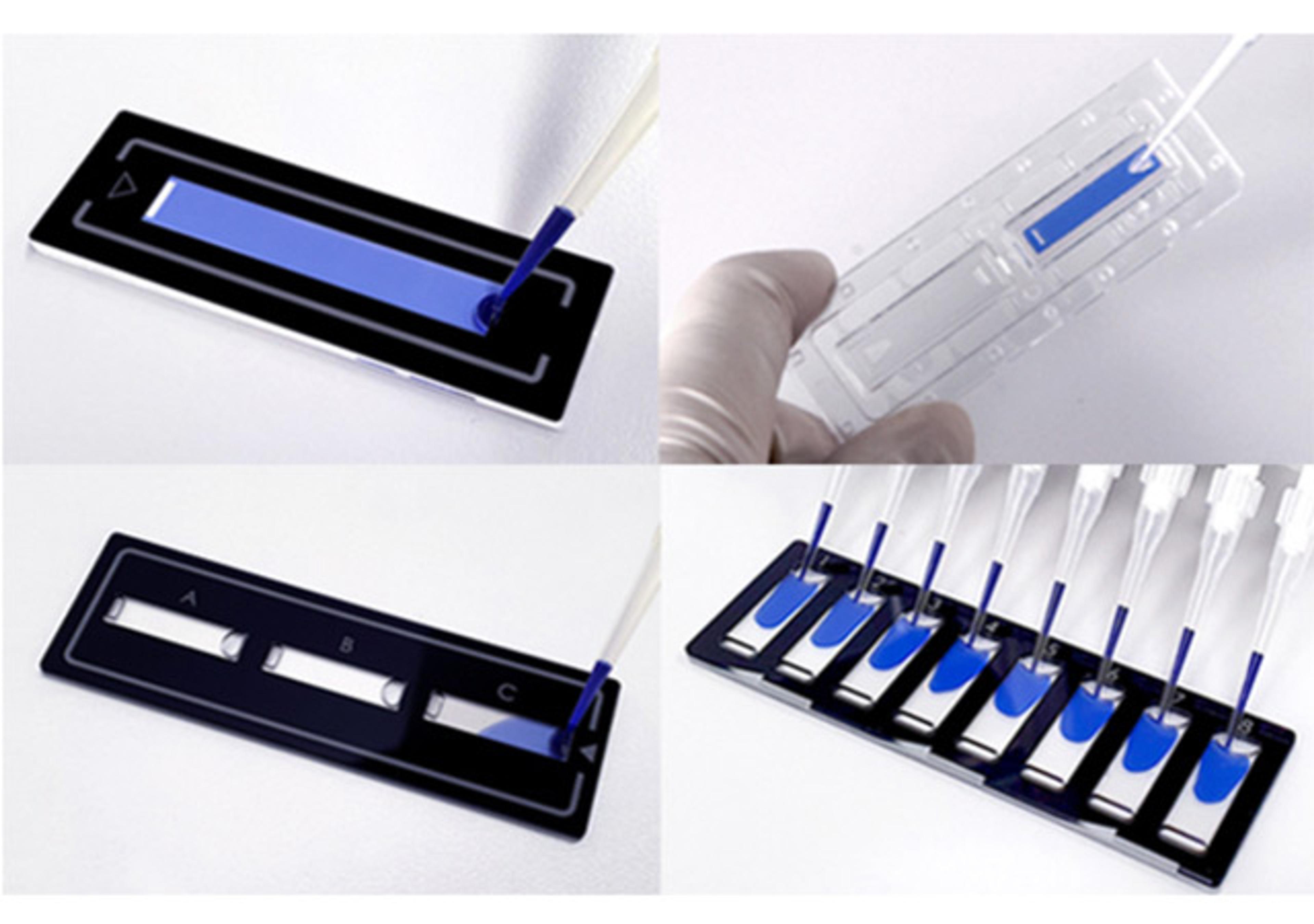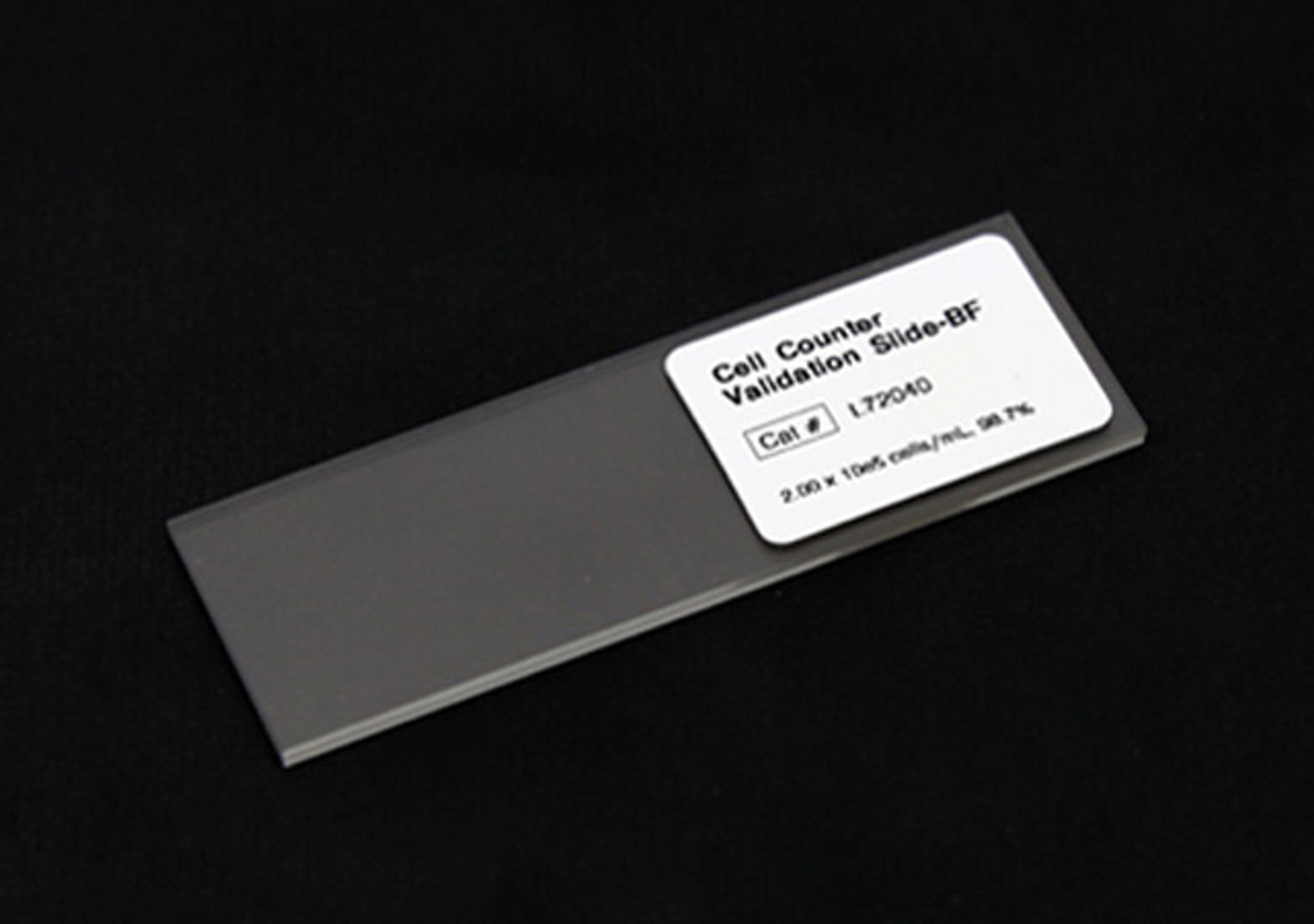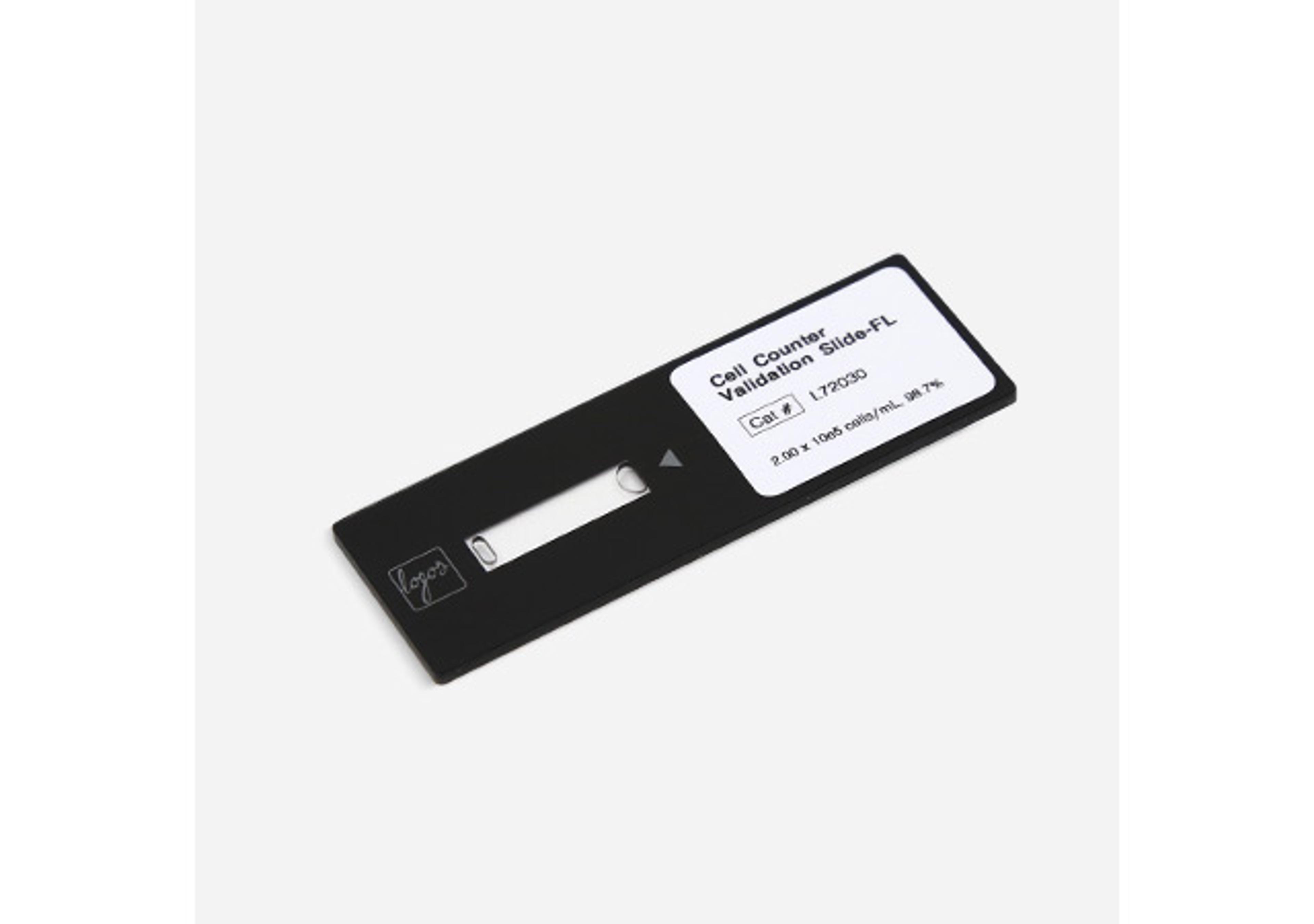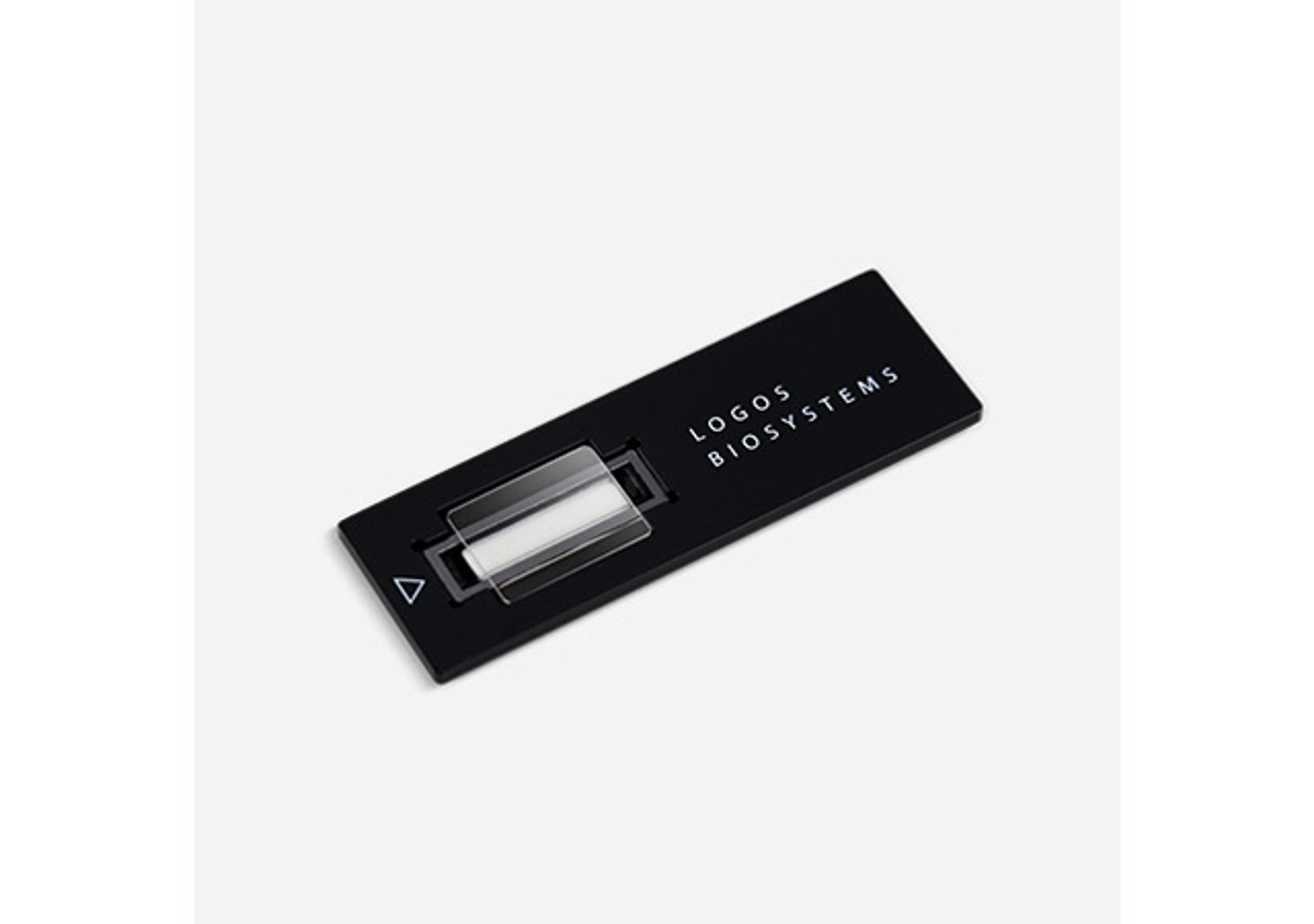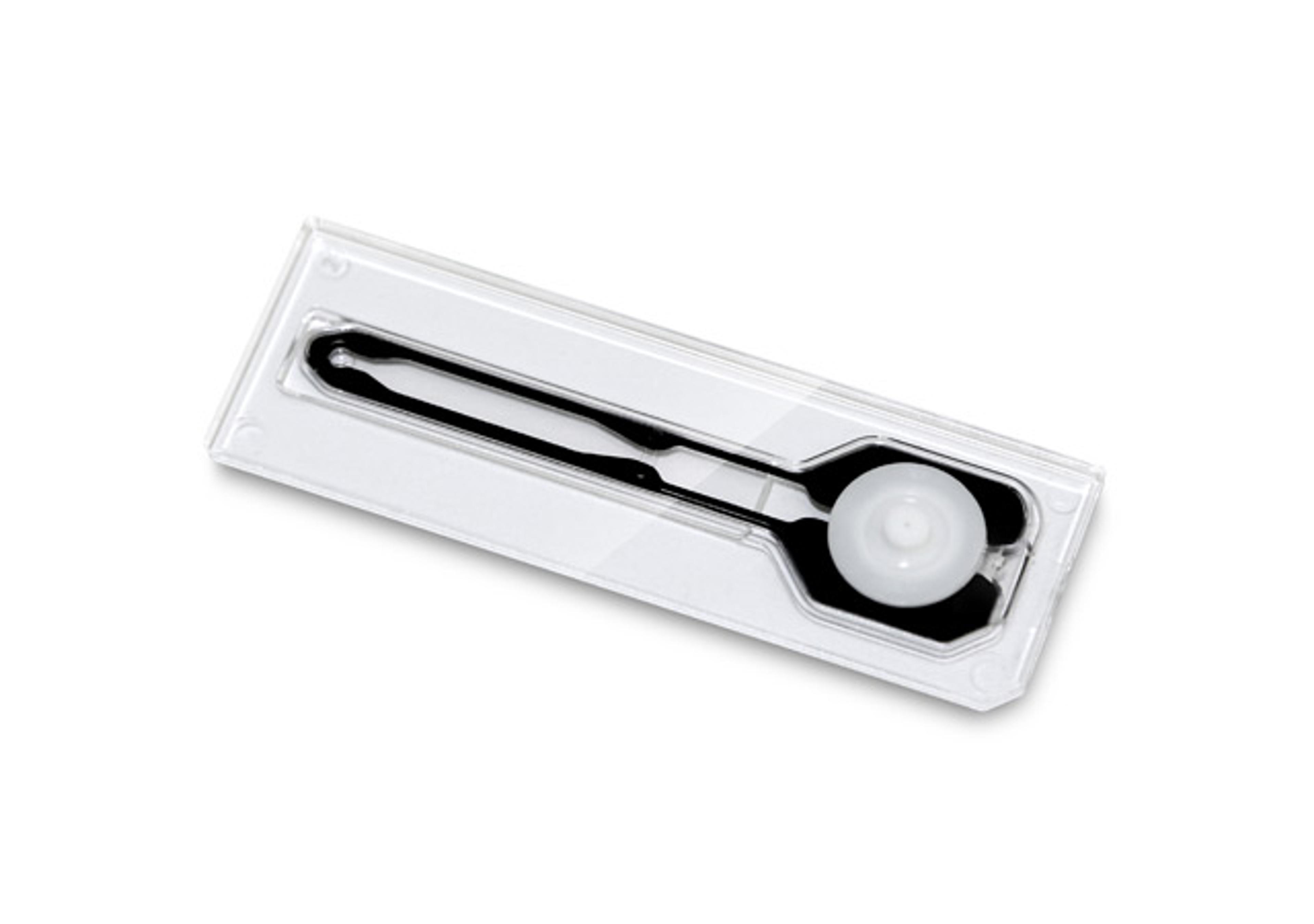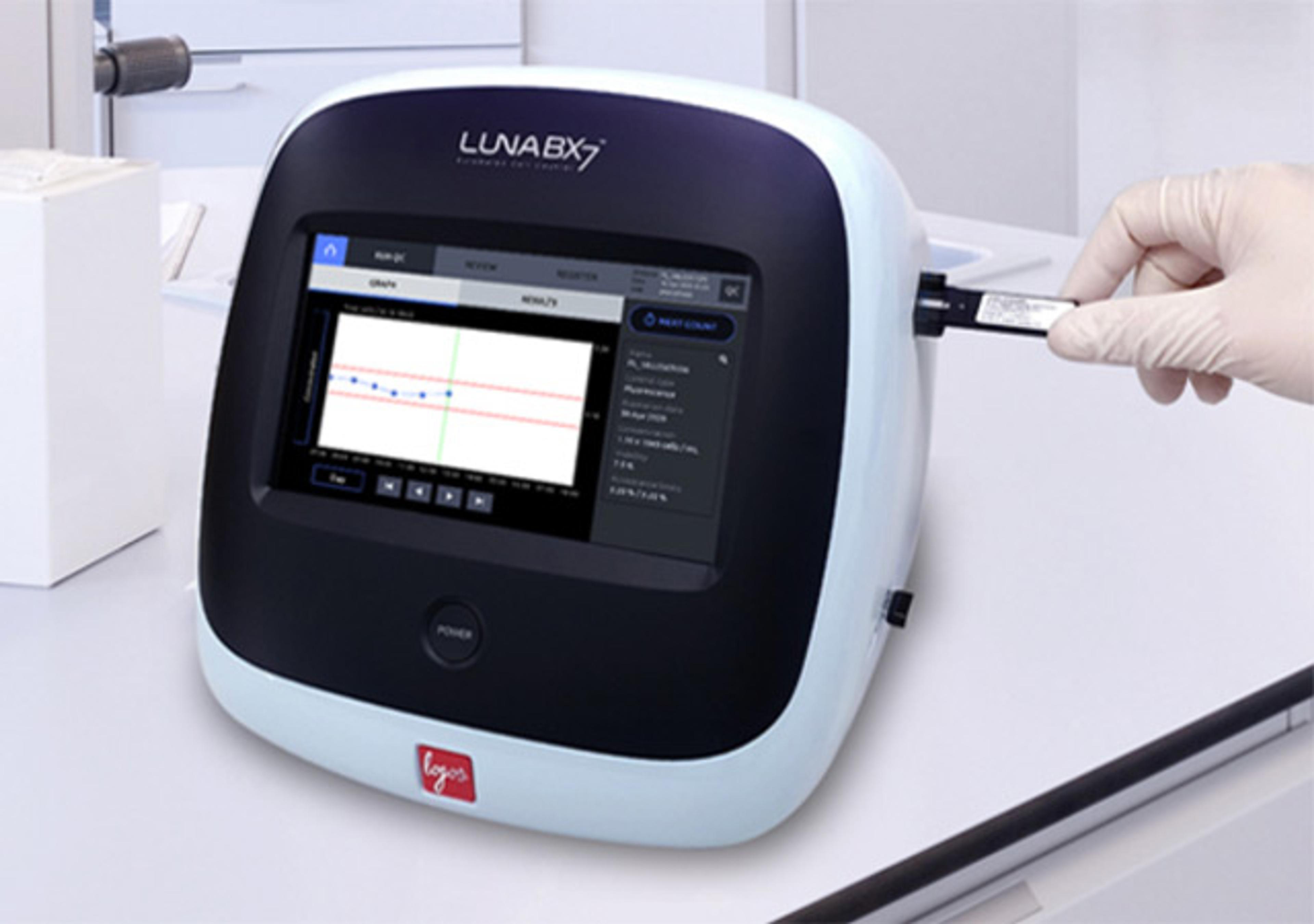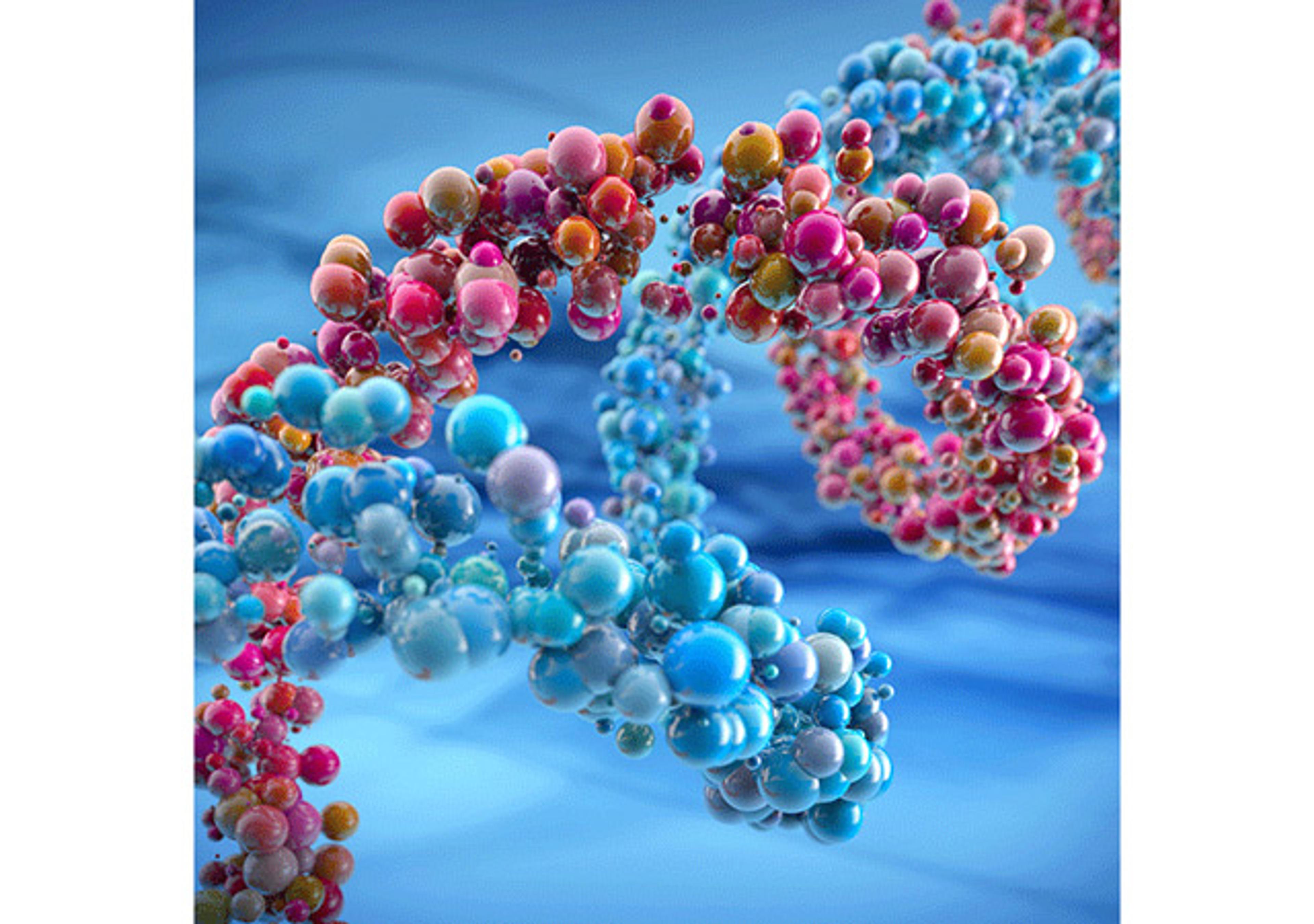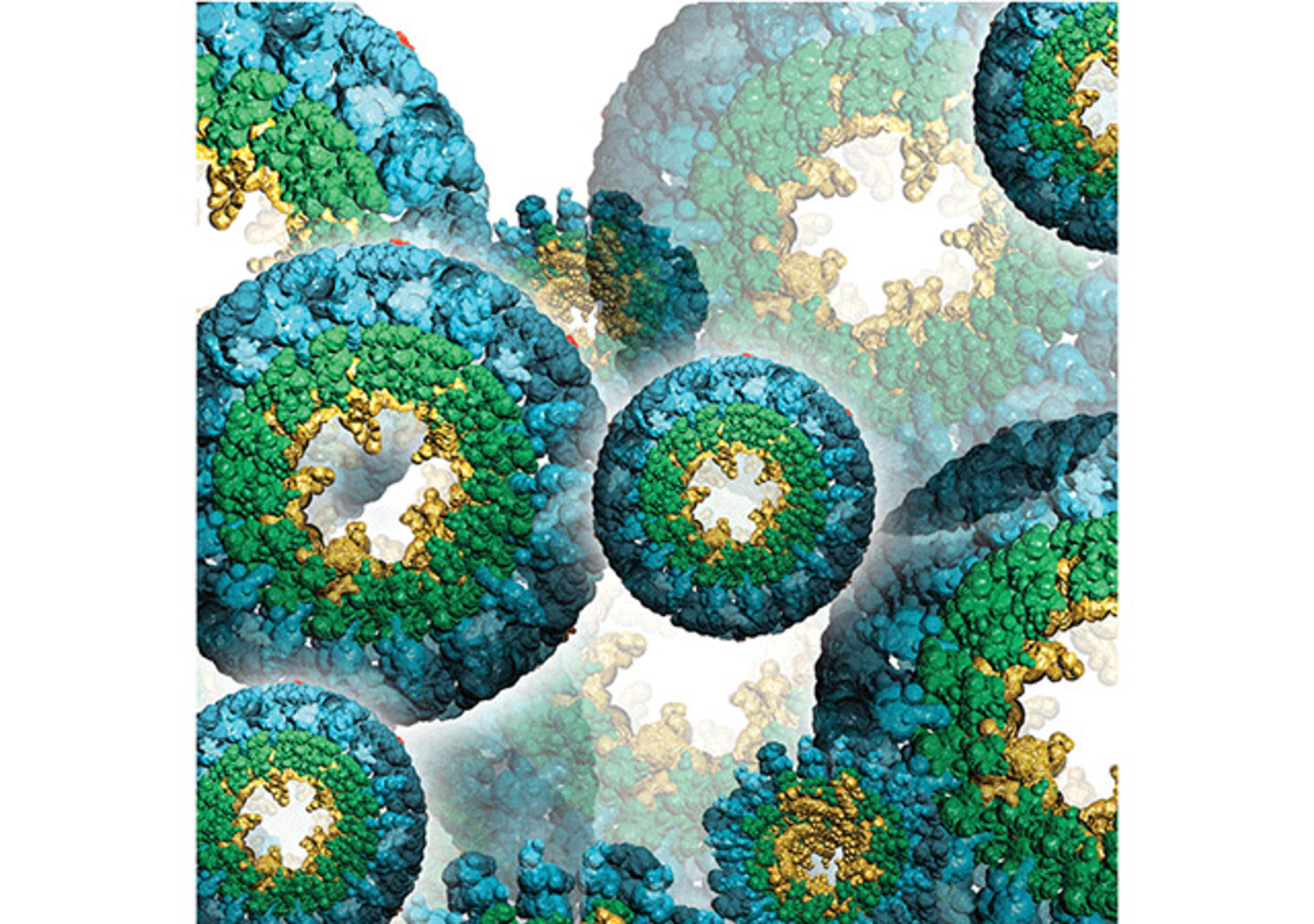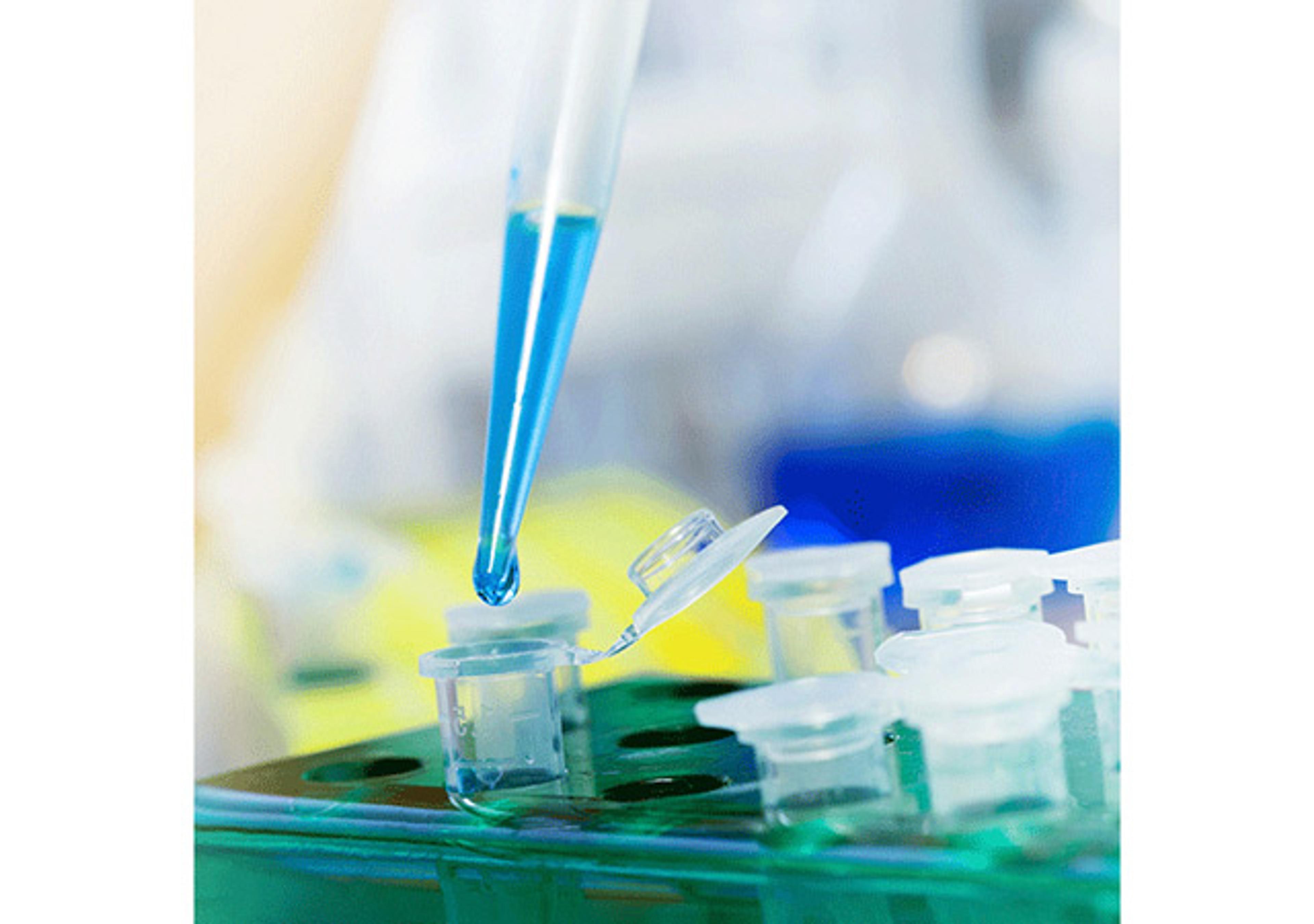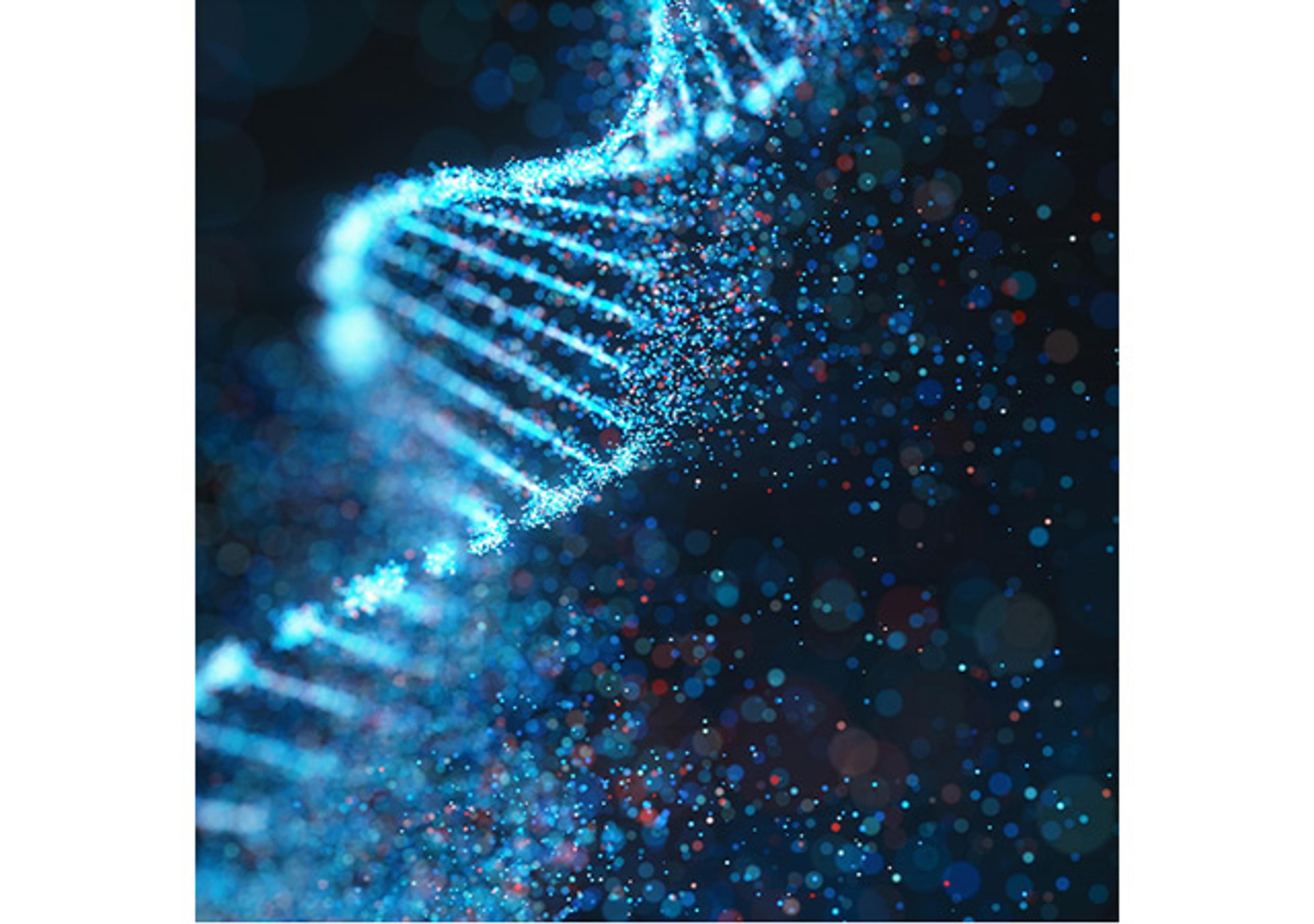Lambda Exonuclease
DNA specific exonuclease Catalyzes the removal of nucleotides from linear or nicked double-stranded DNA in the 5' to 3' direction Highly processive degradation of double-stranded DNA from the 5' end Preferred substrate is 5'-phosphorylated double-stranded DNA although non-phosphorylated substrates are degraded at a greatly reduced rate Lambda Exonuclease is ideal for: Conversion of linear double-stranded DN…

The supplier does not provide quotations for this product through SelectScience. You can search for similar products in our Product Directory.
Simply simple
Synthesis of biotinylated probes
Lambda exonuclease is renowned for its simplicity in synthesizing single-stranded DNA. I am using the enzyme to synthesize biotinylated probes for a targeted-capturing assay. While this synthesis method has the minimum layer of complexity, it failed to digest all the DNA input. According to the manual, 5U of Lambda exonuclease can digest 5µg of dsDNA. However, when I used 5U of lambda exonuclease to digest 2.5µg of dsDNA, the amount of ssDNA obtained was 75% of the initial input. Aside from that, lambda exonuclease is user-friendly and easy to use.
Review Date: 13 Jul 2022 | New England Biolabs Inc.
- DNA specific exonuclease
- Catalyzes the removal of nucleotides from linear or nicked double-stranded DNA in the 5' to 3' direction
- Highly processive degradation of double-stranded DNA from the 5' end
- Preferred substrate is 5'-phosphorylated double-stranded DNA although non-phosphorylated substrates are degraded at a greatly reduced rate
Lambda Exonuclease is ideal for:
- Conversion of linear double-stranded DNA to single-stranded DNA via preferred activity on 5'-phosphorylated ends

